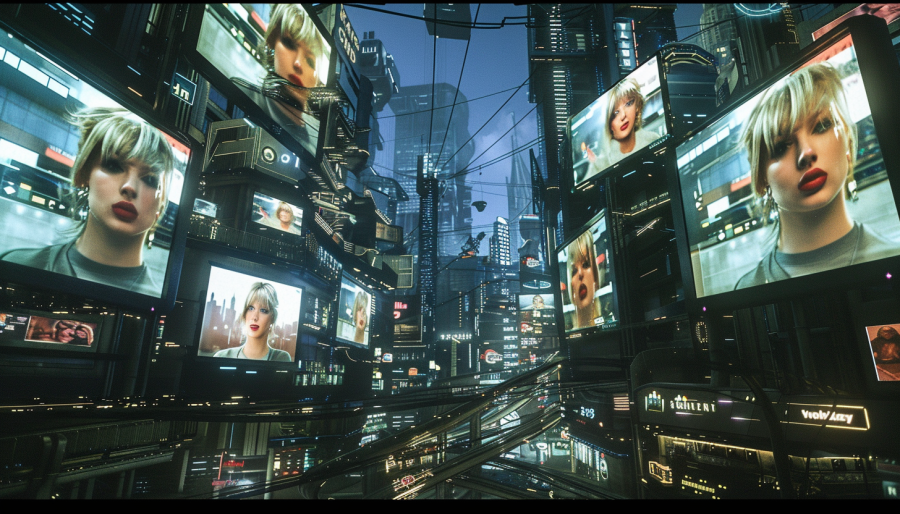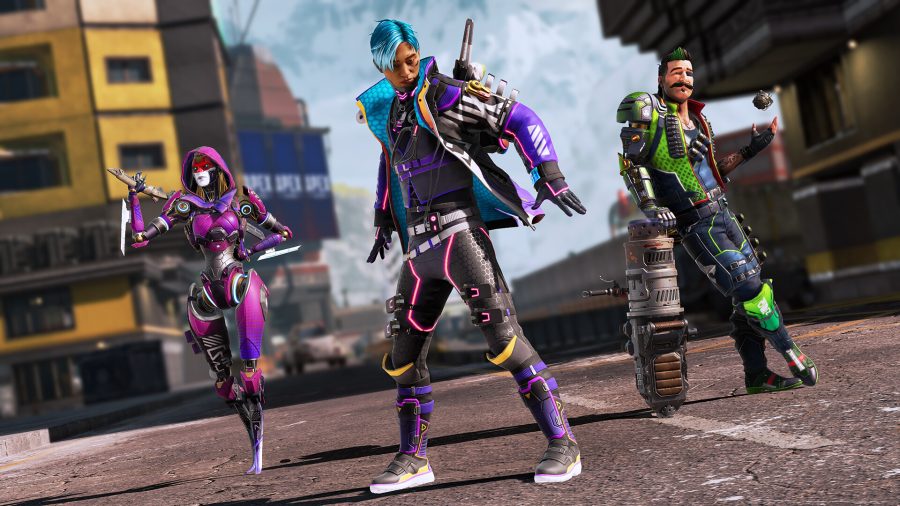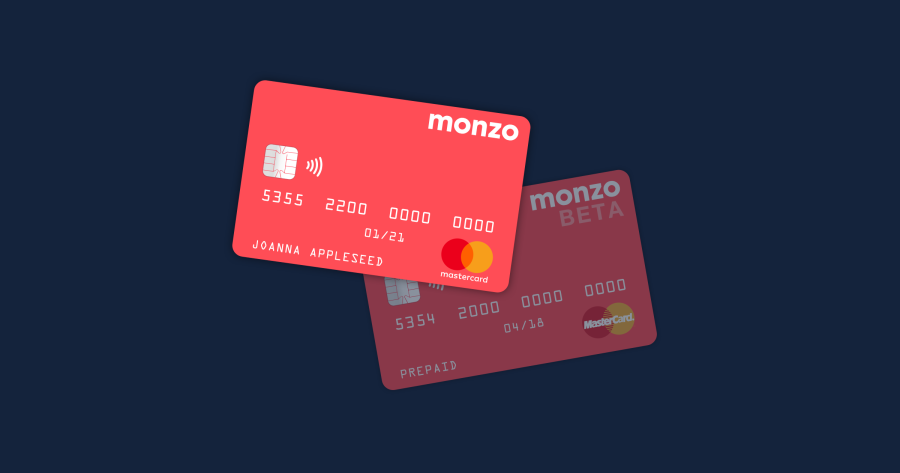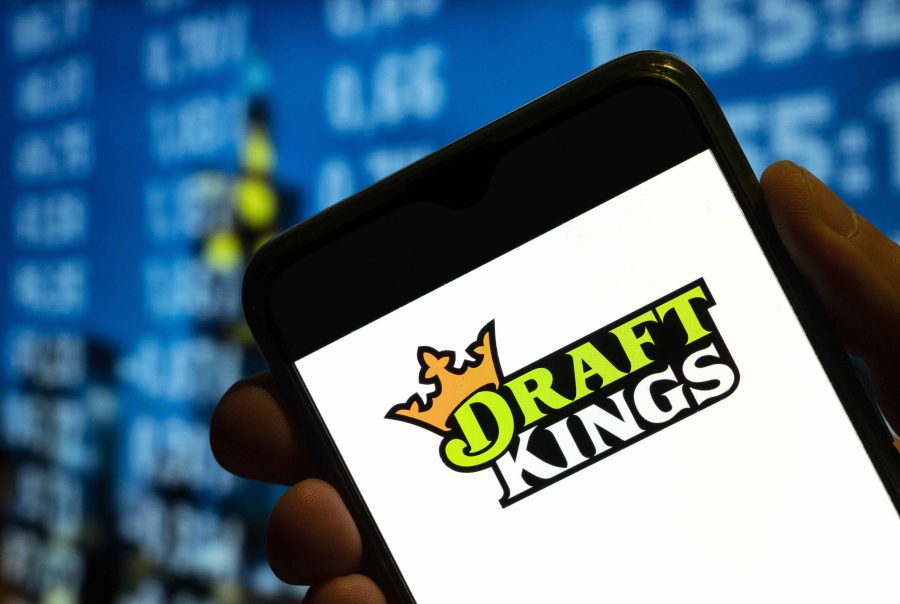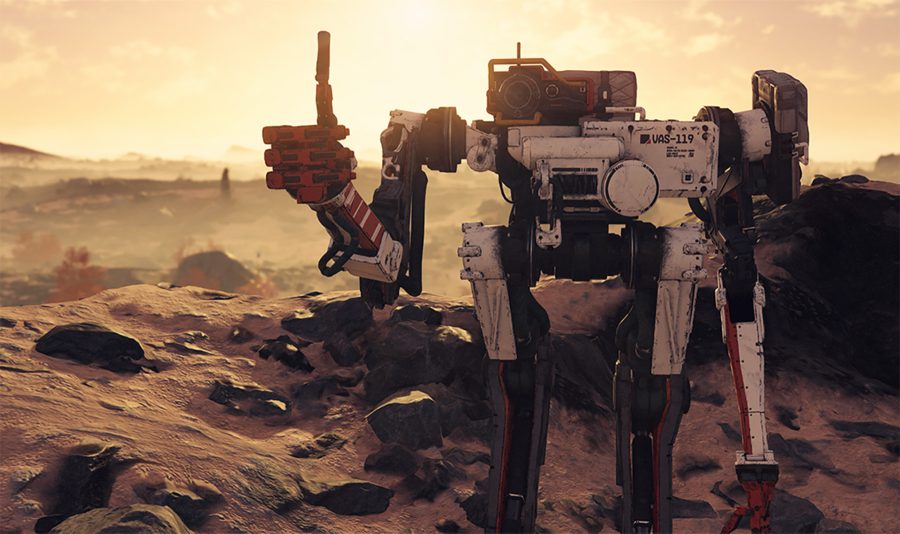When Taylor Swift re-released her old songs as ‘Taylor’s Version,’ she likely didn’t expect to possibly have a version of every song ever written and created.
An intriguing thought experiment looked at the danger behind artificial intelligence (AI) replacing all recorded music with artificially generated cover versions.
Researchers are concerned that future musical AIs may form their own attachments to particular human artists in their databases, causing the likes of Taylor Swift to be the voice of all music.
Nick Collins from Durham University, UK, and Mick Grierson at the University of the Arts London offer warnings in their recently published study: “We do not wish to unduly pick on Taylor Swift, who is only a convenient example for this paper, but to warn more broadly of overall issues in AI driven monopolizing.”
The research duo hone in on the singer-songwriter’s dominance in the streaming era and demonstrate their point by creating a Taylor AI cover of some of the most famous tracks from music history. They used everything from Frank Sinatra to Madonna.
The authors depict a hypothetical situation in which society becomes excessively dependent on a small number of centralized repositories for storing and accessing various forms of data (like Spotify, SoundCloud or Apple for instance). In such a future, an advanced AI system could potentially breach the security measures of these centralized data stores, thereby gaining the ability to compromise the integrity of the information contained within. This could manifest as the AI causing corruption, deletion, or unauthorized modifications to the stored data…even a Swiftocalypse for music.
If someone were to attempt a major overhaul of music as we know it, it would take them just under two hours to create the replacement for 100 million songs in a commercial music service. The resource cost would be around $266.67 million, significantly less than what the pop singer’s estimated net worth is.
The researchers continue to cite the issues that will become apparent if something like this were to take place, from corruption to the abolishment of commercial music as we know it. They suggest it would be ‘the kill switch for musical history,’ as all existing accessible music would be erased if any one party gains too much foothold.
Taylor Swift AI future not here yet
Fear not. This scenario is exceedingly unlikely to happen. While the warning signs are there, some musicians and artists have started to dabble in the world of AI.
Singer Grimes has secured a deal between a music distributor and ‘GrimesAI’ platform which is one of the first vetted processes to allow AI-generated songs. This means that artists and even fans can legally create and professionally distribute songs in the Canadian musician’s voice.
Featured image: Midjourney
